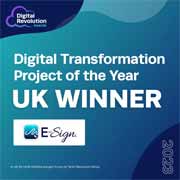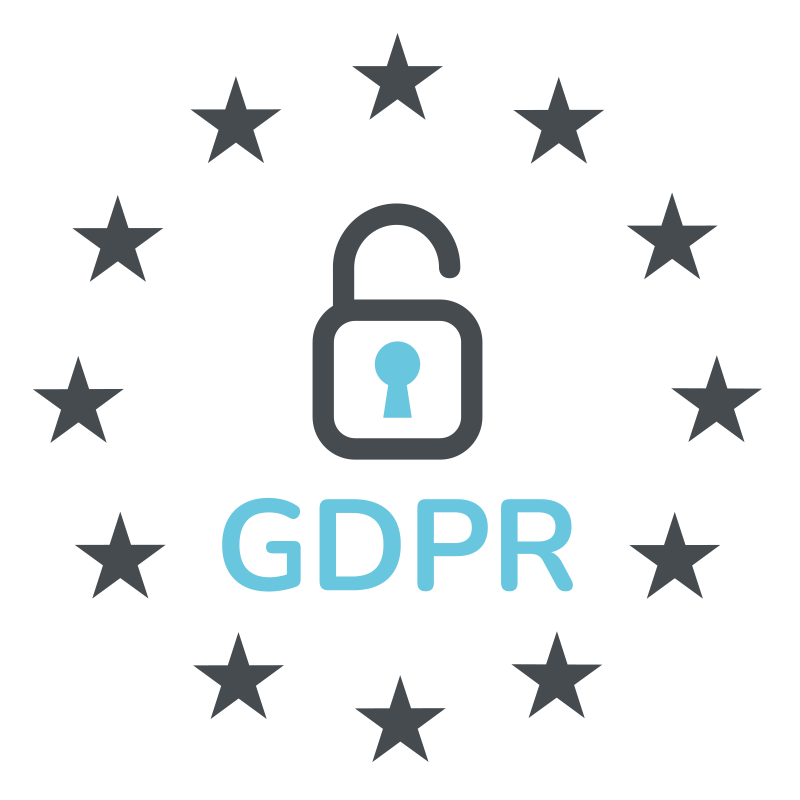Home | News & Insights |
E-Signing Internationally? Here’s some things to consider
Luke Garrett
Head of Digital Transformation
PUBLISHED
5th November, 2020
Contents
No contents found.
For companies that deal with international clients or have global offices, the ability to send and sign contracts, complete transactions and close deals is vital for business productivity and momentum. With distance, time differences and potential language barriers, international agreements can be complicated – and this was before coronavirus limited international travel and in-person meetings. Indeed, with the advent of this novel virus, the way we conduct international business has changed significantly, so much so, that international deals have never been more reliant on technology and digitalisation itself.
Indeed, if there’s one bit of technology that’s enabled the business world to keep ticking over during the global pandemic, it’s electronic signatures. With an unprecedented transition to remote working occuring across the globe, businesses had to adapt, and they had to do it fast. As few employees had access to printers, scanners or fax machines at home, the traditional analogue-digital approach to signature collection would no longer be viable in a remote working environment. This is where e-signatures could step in and fill the demand for simple, accessible technology that allowed workers, clients and colleagues to sign and return documents entirely digitally.
While e-signatures are 100% legally valid in the UK, laws on electronic signatures can vary depending on the country. To ensure your contracts and transactions are valid and have a strong legal grounding, knowing the laws around electronic signatures in the country you’re doing business with is vital. Here at E-Sign, our document management platform is designed with international transactions in mind. But if you’re e-signing internationally, here’s some things you should be aware of…
Global Electronic signatures laws vary from country to country, but most laws can be separated into three categories.
- Permissive– E-Signatures are legal and enforceable with few restrictions, offering the widest protection for the legality of e-signatures. Countries such as the USA, Australia, New Zealand and Canada take this approach to e-signatures.
- Two-tier-Electronic signatures are legal and valid but digital signatures with additional evidence are preferred. The EU takes this approach to electronic signatures with the eIDAS, along with China and South Korea.
- Prescriptive-The law dictates the technology you can use to electronically sign a document and can invalidate the legality of an electronic signature unless it’s obtained with approved technology. Countries that have this stricter prescriptive law include Brazil, India, Israel and Malaysia.
In-depth e-signature laws
US e-signature law
The Federal Electronic Signature in Global and National Commerce Act (the E-Sign Act) states that a “signature cannot be denied legal effect or enforceability solely because it is in electronic form” and that “ if a law requires a signature, an electronic signature satisfies the law.” This regulates interstate commerce and international trading.
Australia e-signature law
The Electronic Transactions Act was introduced in Australia in 1999, almost all documents can be validly signed with an electronic signature, with little overall requirements. In Australia, there is also no legal difference between traditional and electronic signatures.
EU e-signature law
The Electronic Signature Directive or eIDAS governs electronic signature regulation within all 27 EU member states and confirms that advanced e-signatures are admissible as evidence in legal proceedings. The two-tiered approach means that the eIDAS requires a qualified certificate and secure signature creation as part of the e-signature process.
Hong Kong e-signature law
The ETO (Electronic Transaction Ordinance) confirms that contracts/transactions cannot be denied validity or enforceability on the basis of its electronic form. To support validity if the contract is challenged in court, further electronic records can support the case.
How does E-Sign support international transactions
Multiple Languages
Request a recipient’s e-signature certificate in one of 9 languages, including:
- English
- German
- French
- Dutch
- Spanish
- Portuguese
- Italian
- Malay
- Chinese
Using E-Sign’s document transaction platform, you can conduct business in the native language of your clients, reducing the need for an external translator and minimising confusion that can arise from a language barrier. This allows you to improve the customer experience for your international clients and ensures that both parties are on the same page.
Global Time Zone Support
E-Sign is available in any time zone. All document transactions are stamped with a universal time code and converted to the local time zone for accurate time and date stamping across the globe.
Worldwide compliance
Signing your business documents with E-Sign is fast, secure and more accessible than traditional paper based ‘wet’ signatures. Complying with all the latest legislation such as ESIGN Act 2000, eIDAS, GDPR etc, e-signing your documents is compliant and enforceable in nearly every country worldwide.
Are you looking for an e-signature provider that supports and simplifies international agreements? Try our 14-day free trial to discover the collaborative power of E-Sign for yourself. We don’t ask for any payment information, so you can try it absolutely risk free.
E-Sign is a leading provider of digital transaction management solutions, supplying professional services including Electronic Signatures, Web Forms, ID Checker, Verification Tools, Personalised Emails, API and Payment Processing to businesses of all sizes across the UK.
To find out more about our E-Sign solutions and how they could transform your business, get in touch with us today.
 Facebook
Facebook
 X (Twitter)
X (Twitter)
 LinkedIn
LinkedIn











